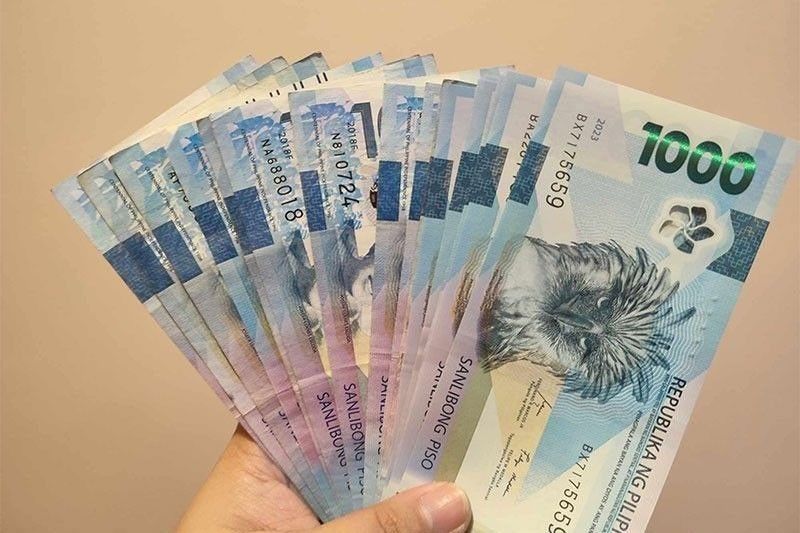Deal only with registered entities – AMLC
MANILA, Philippines — The Anti-Money Laundering Council (AMLC) has reminded covered persons to deal only with registered designated non-financial businesses and professions (DNFBPs), as failure to do so may lead to sanctions. In an advisory posted on the AMLC’s website, the dirty money watchdog said covered persons dealing with DNFBPs should demand their certificate of […]


MANILA, Philippines — The Anti-Money Laundering Council (AMLC) has reminded covered persons to deal only with registered designated non-financial businesses and professions (DNFBPs), as failure to do so may lead to sanctions.
In an advisory posted on the AMLC’s website, the dirty money watchdog said covered persons dealing with DNFBPs should demand their certificate of registration (COR) or provisional COR (P/COR) as part of customer due diligence measures, in accordance with Republic Act 9160 or the AML Act.
“Failure of a DNFBP to supply its P/COR is a ground to conduct enhanced due diligence measures and/or to re-evaluate the business relationship,” the AMLC said.
Meanwhile, if the covered person failed to comply with the directive, the institution may be cited for applicable administrative sanctions under the AMLC’s rules of procedure in administrative cases.
“All covered persons must deal only with registered DNFBPs with valid or subsisting P/COR or may risk being cited for a serious violation under Section 2(C)(25), Rule IV, of the RPAC,” it said.
DNFBPs include jewelry dealers, company service providers including lawyers and accountants, offshore gaming operators and their service providers, as well as real estate developers and brokers.
These also include companies that help manage funds, investments and securities of fund owners, companies that help organize and set up new companies in the Philippines or abroad, and persons who are engaged to assist in managing companies.
DNFBPs are typically defined as entities that are involved in activities outside of the traditional financial sector. However, these firms or individuals could be exploited for money laundering, terrorist financing, or other illicit financial activities.
In May last year, the Bangko Sentral ng Pilipinas also reminded BSP-supervised financial institutions to “strictly perform” customer due diligence measures on their DNFBP clients.
The Philippines failed anew to exit the gray list or the list of jurisdictions under increased monitoring of the Financial Action Task Force in February.














